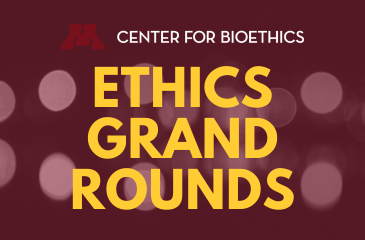
Prof. Singh provides Ethical, Legal, Social Issues (ELSI) support to the Gates Foundation and its partners on gene drive research and its applications. In short, using a promising new technology called CRISPR/Cas9 to do targeted genome editing on mosquitos so that they produce male offspring (thus driving the species to extinction and, in the process, eliminating the spread of a disease), scientists will soon be field-testing these GM mosquitos in various settings. As you can imagine, this technology raises several ELSI issues
- Do we have the moral right to alter ecosystems?
- How do we deal with non-consensual communities or individuals in a field trial context, how do we engage with communities regarding this technology?
- How do deal with reparations if a field trial goes wrong, etc.
Speaker(s)
Jerome Singh, BA, LLB, LLM, PhD, MHSc, Nelson R. Mandela School of Medicine, University of KwaZulu-Natal (UKZN); Joint Center for Bioethics, University of Toronto | Professor Singh is the Director of the Ethical, Legal, and Social Issues (ELSI) Advisory Services on Global Health Research and Development and serves as an ad hoc Consultant to several UN entities, including the WHO, UNAIDS, UNICEF, the Special Programme for Research and Training in Tropical Diseases (WHO-TDR), and the United Nations Interregional Crime and Justice Research Institute (UNICRI). He is the Co-Chairperson of the NIH-sponsored HIV Prevention Trial Network’s (HPTN) Ethics Working Group, and a member of the NIH-sponsored HIV Vaccine Trial Network’s (HVTN) Efficacy Trial Working Group. He currently serves on several oversight bodies, including the International Ethics Review Board of Médecins Sans Frontières (MSF) and the World Health Organisation’s Ad Hoc Research Ethics Review Committee for COVID-19.
